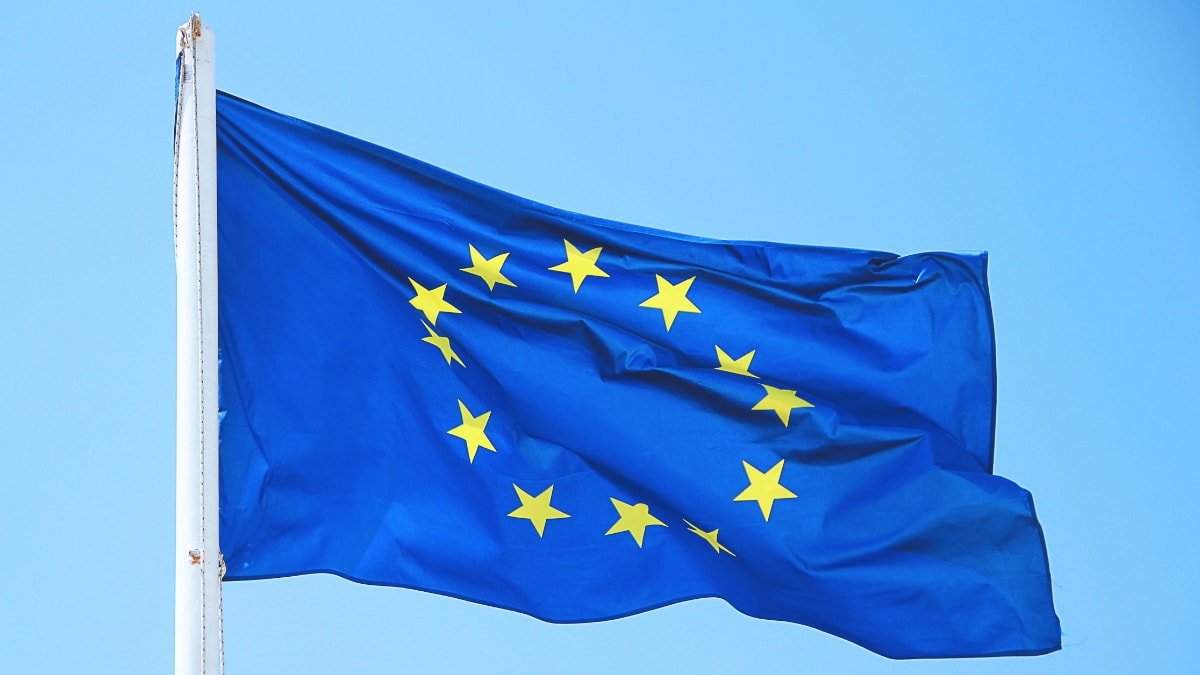A swathe of Big Tech firms ranging from Apple to TikTok owner Bytedance have told the EU that they fall under the provisions of the Digital Markets Act (DMA), signalling that they accept its rules about messaging apps.
It's not that there was any doubt over whether the major Big Tech companies came under the aegis of the new law, especially since it was effectively created to target them. But now European Commission industry chief Thierry Breton says the firms have formally notified the EU that they qualify.
According to Reuters, Breton and the EU have announced that six companies have said they come under the new rules:
- Apple
- Alphabet/Google
- Amazon
- Meta/Facebook
- Microsoft
- ByteDance
"Europe is completely reorganizing its digital space to both better protect EU citizens and enhance innovation for EU startups and companies," said Breton said in a statement announcing the news.
The Digital Markets Act came into force on November 1, 2022, and became applicable on May 2, 2023. Chief among the requirements for companies that fall under the EU's definition of "gatekeeper," is that they must allow their rival messaging apps to be interoperable.
There are other requirements, such as ones regarding the use of third-party app stores. In 2022, Gerard de Graaf, an EU official who helped pass the DMA, expects it to affect about a dozen companies.
"We expect the consequences to be significant," said de Graaf at the time. "If you have an iPhone, you should be able to download apps not just from the App Store but from other app stores or from the internet."
The EU defines a gatekeeper as a large online platform, and the aim of the Digital Markets Act is to make such platforms fairer for competing services. Failure to comply with the DMA rules could trigger an EU investigation, which might lead to "behavioral or structural remedies."
Fines of 10% of total worldwide turnover could also be imposed, rising to 20% for repeat offenders.
To qualify as a gatekeeper under the EU's definition, companies must have more 45 million active users monthly. They must also have at least a 75 billion euro market capitalization.
The EU will now confirm the gatekeeper status of the firms, and announce the confirmation by September 6, 2023. Following that, the firms have six months to comply with the DMA rules.
Digital Markets Act rules
If companies are confirmed to be gatekeepers, the DMA's rules will require many changes by Apple. The company will, for instance, have to allow both third-party app stores and therefore also side-loading of apps on iPhones.
Apple will also have to allow developers to use third-party payment systems, rather than be required to use Apple's one.
Users will have to be able to abandon Siri in favor of an alternative voice assistant, too.
And Big Tech gatekeepers will be forbidden from highlighting its own services over those of rivals, such as unfairly promoting Apple Music on the App Store more than Spotify.
That promotion of a firm's own services comes under the EU's anti-steering rules. Separately, Apple attended a closed-session hearing with the EU on Friday, June 30, 2023, arguing against a Spotify-led complaint specifically about Apple Music anti-steering.
 William Gallagher
William Gallagher







-m.jpg)






 Malcolm Owen
Malcolm Owen

 Andrew Orr
Andrew Orr









-m.jpg)




56 Comments
From my long memory of computing on Mac, interoperability has always been a massive struggle. Whichever company has the dominant position uses tricks to undermine it. Good to see the EU intervening.
Why does everything have to interoperate? I buy Apple products. I don’t buy Google things. I made a choice to buy Apple-only products. What business does the EU have telling me I have to use, or allow to use, other products? What product has the EU improved? None that I know of. They’re just doing a huge money grab.
"We expect the consequences to be significant," said de Graaf at the time. "If you have an iPhone
The consequences of turning iOS into Windows will be significant but not in the manner that they like to promote to the public.